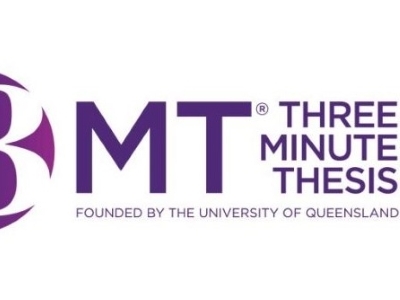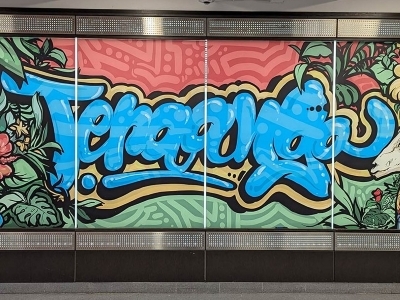**This is part of our series on Carleton University PhD alumni who are pursuing non-academic careers. You can read the rest of the series by going to our alumni success story website. Each person shares his/her tips on finding employment outside academe.
Ken Medd was pursuing his EMBA from the University of Ottawa when he first heard about Carleton’s PhD in Management program. After attending a presentation by professors Vinod Kumar and Roland Thomas about the program, he says: ”I was quite impressed by both of them and Carleton’s part-time program made it possible for me to continue working while I was taking my PhD.”
As Medd had already worked for the Department of Aboriginal Affairs and Northern Development and was now with the Aboriginal Tax Policy Section in the Dept. of Finance, he chose a dissertation topic that might help improve understanding and interaction among Aboriginal and non-Aboriginal governments.
Using a long-standing technique from cross-cultural management called the Values Survey Module (VSM), he administered the survey to willing employees of 10 Aboriginal governments (Algonquin and Athabascan communities) and four non-Aboriginal governments in order to assess five different dimensions associated with culture.
Medd says the results helped to illustrate the rich but largely unappreciated diversity of Aboriginal cultures in Canada. “For some dimensions, the differences between the Algonquin and Athabascan governments were more pronounced than the corresponding differences between the Aboriginal and non-Aboriginal governments. The study demonstrated that making gross comparisons between Aboriginal and non-Aboriginal groups is not useful because it treats Aboriginal groups as being similar or the same and masks the differences among them.”
He noted that the participating First Nation governments could also apply the survey results to their management practices and organizational design.
Medd graduated with his PhD in 2011. He appreciates the assistance he received from his supervisor at the Sprott School of Business, Dr. David Cray. “He’s very knowledgeable in the field. He consistently offered thoughtful and practical advice about focusing the study and completing it. He guided me through the program and was extremely patient with me.”
Today, as a senior tax policy officer in the Tax Policy Branch of the federal Department of Finance, Medd is working in the Aboriginal Tax Policy Section of the Intergovernmental Tax Policy, Evaluation and Research Division.
“I’m really fortunate because I now have a great job that I love,” says Medd. “I think the results from my work are important and the work itself has taken me to some remote and beautiful communities and brought me into contact with talented and interesting people.”
At its core, his current job involves negotiating tax administration agreements with Aboriginal governments that want to implement taxes like the GST or personal income tax within their reserves or settlement lands. He’s completed more than 35 tax agreements and is working on others that are at various stages of development.
Although his current career with the federal public service is coming to an end, he plans on working for several more years in a new career. Says Medd: “Having a PhD means that I’ll have more options for my second career than I’d have without the degree.”
To current PhD students, Medd says: “In our careers, many of us occasionally feel that our work is a grind or stale and uninteresting. Years ago, when that happened to me, I returned to university to create possibilities for a brighter future that would be more interesting and fulfilling. Recent graduates who are looking for work might find their job search to be a soul-destroying grind. I’d remind them that they successfully overcame the challenges of earning a PhD and I’d encourage them to remain positive, to stay engaged with family and friends and to pursue their personal interests. There’s a good job out there for each of us.”
Tuesday, January 21, 2014 in Alumni Success Stories, News
Share: Twitter, Facebook



